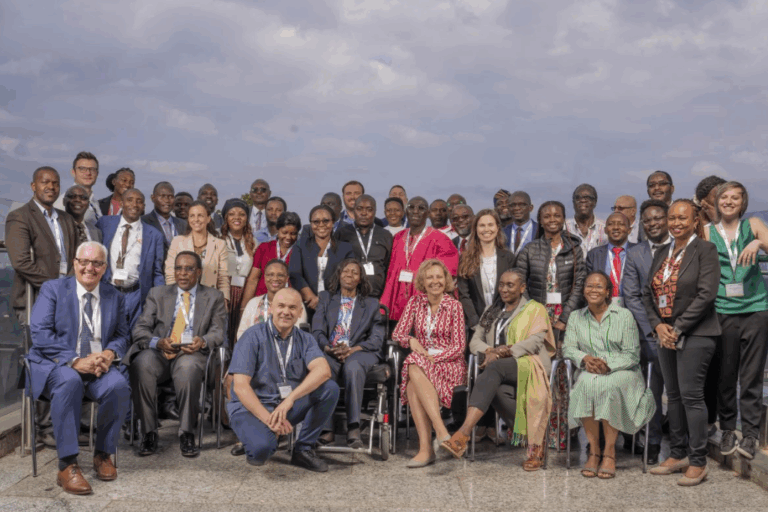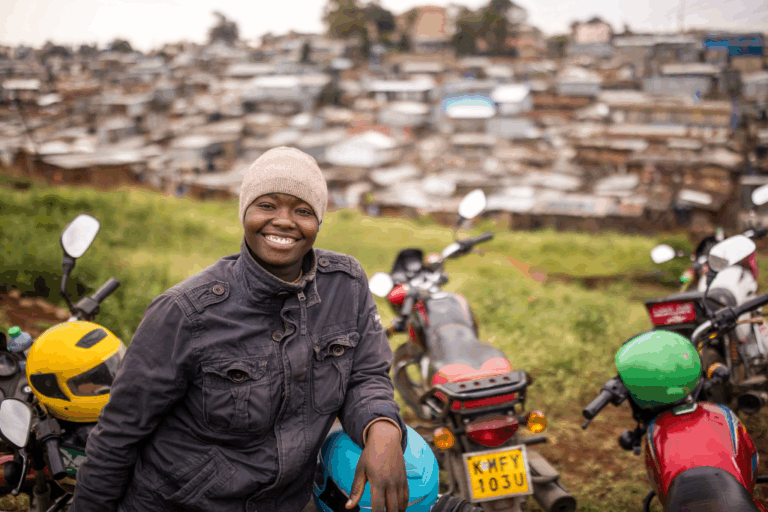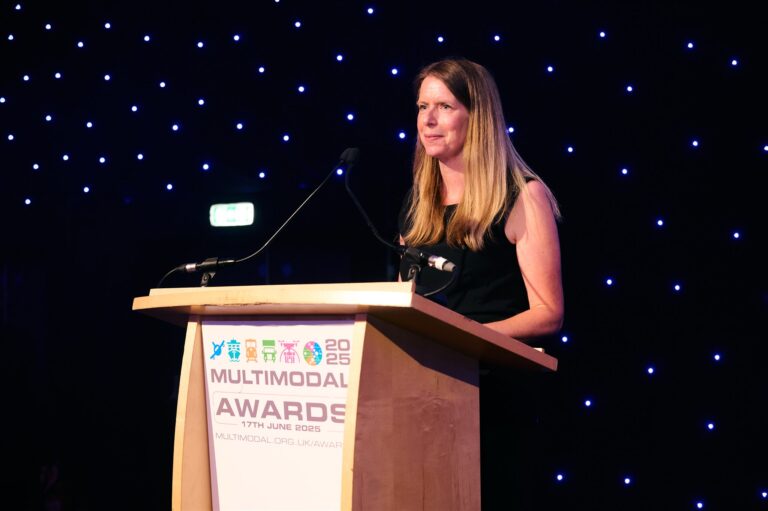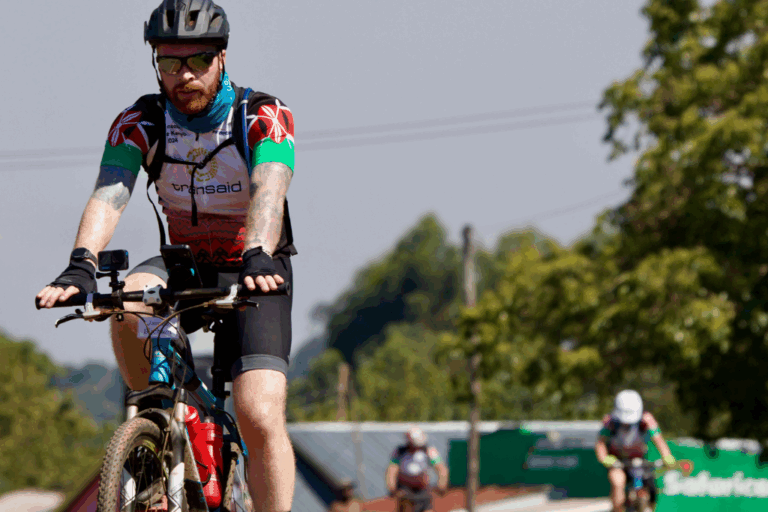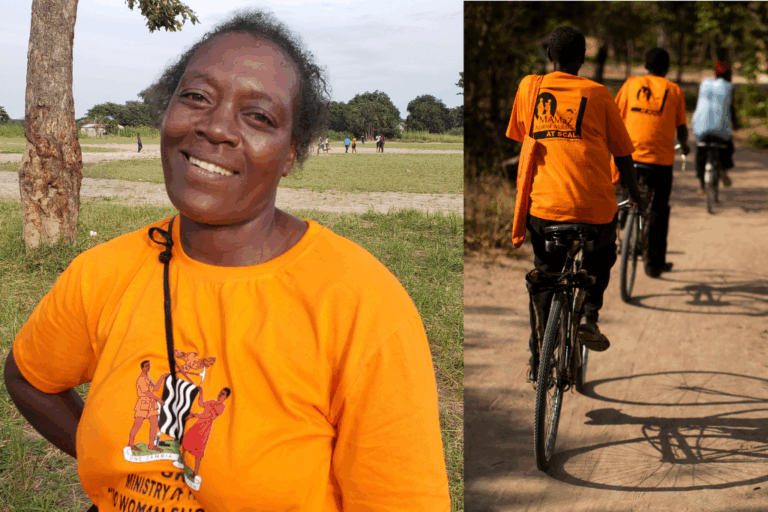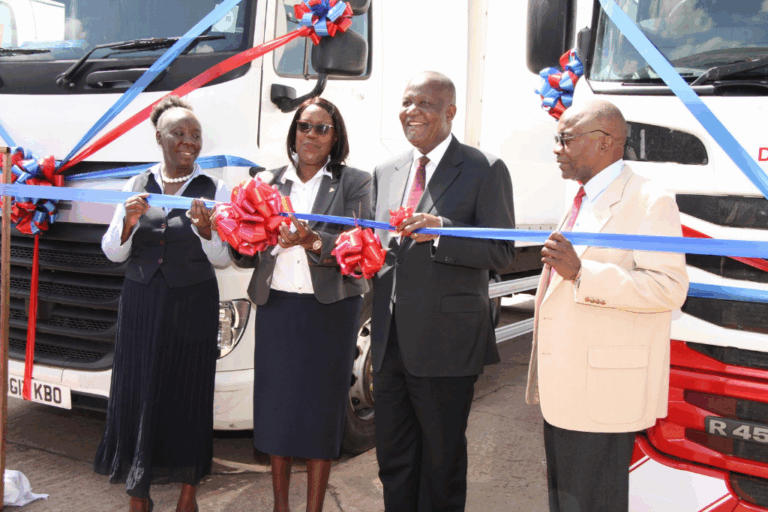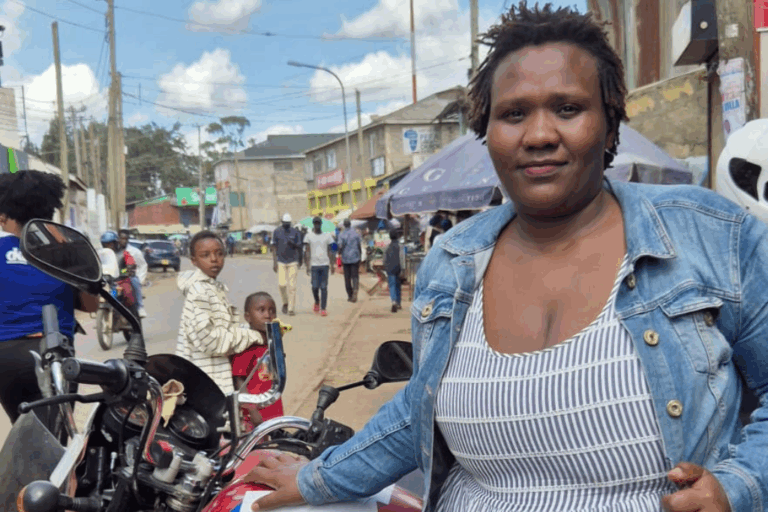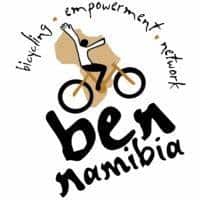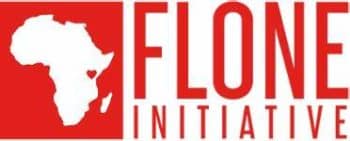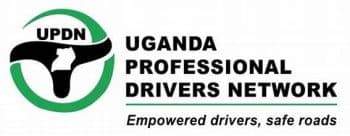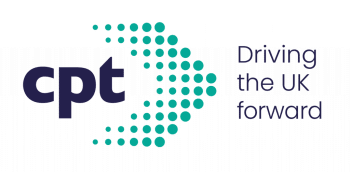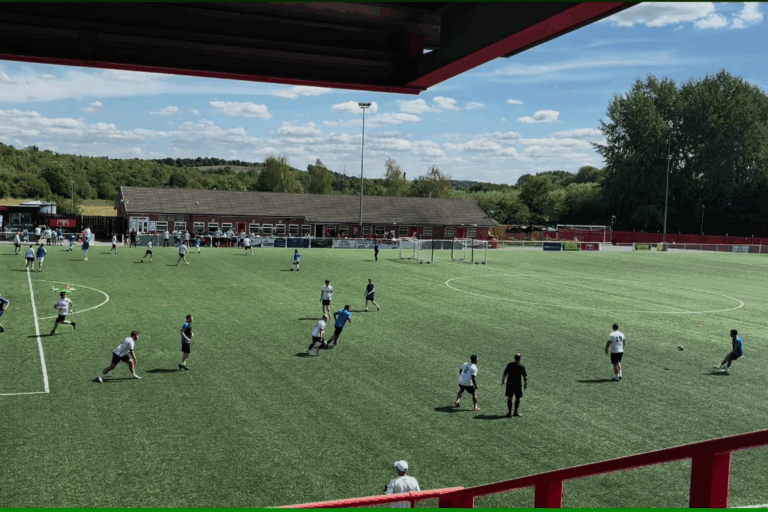
News
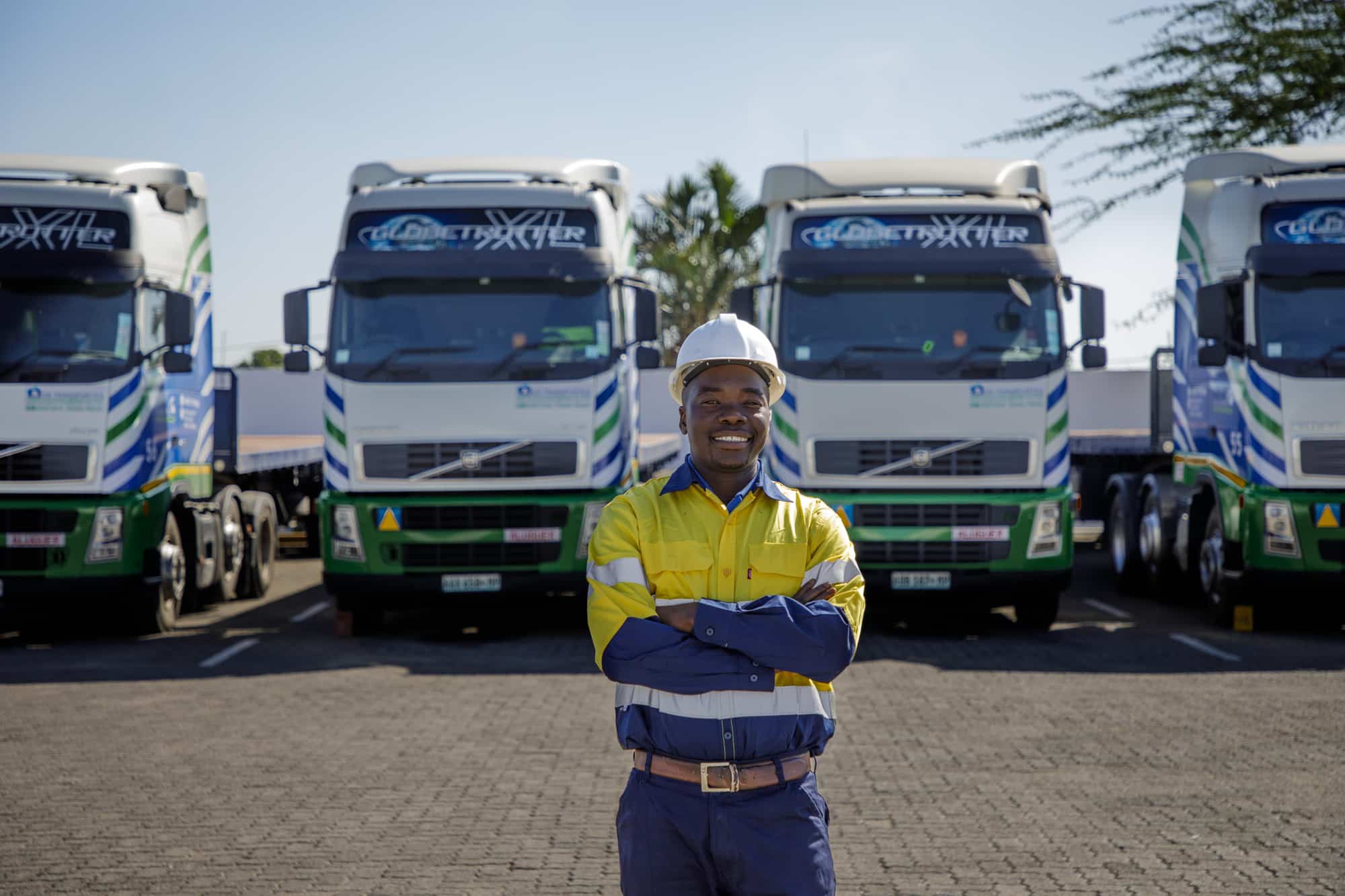
Transaid begins project to improve motorcycle and three-wheeler safety in the Democratic Republic of Congo
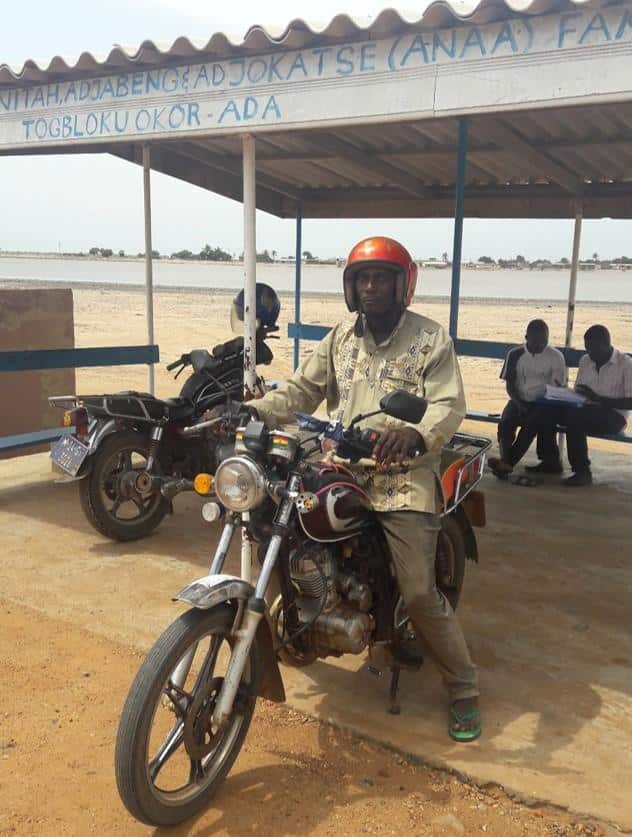
Transaid has begun work on a project to review legislation and training related to the use of motorcycles and three-wheelers in the Democratic Republic of Congo (DRC), as part of a wider effort to research their role in providing access to vital services in rural parts of sub-Saharan Africa.
The project, funded by the Department for International Development (DFID) as part of the Research for Community Access Partnership (ReCAP), has already demonstrated the importance of motorcycle rider training in four African countries where the first phase of research has been completed – Ghana, Kenya, Tanzania and Uganda.
Together with road safety non-governmental organisation Amend, we are now carrying out a survey in the DRC in order to better understand the advantages and disadvantages of motorcycle taxi and three-wheeler transport. The project will run until December 2019.
Motorcycles have emerged as a key feature of rural life in sub-Saharan Africa, often operating where other means of transport aren’t available due to road conditions. Three-wheeler use is also increasing as a way to carry farm produce and passengers, as well as providing people in rural areas with access to essential services and acting as informal ambulances in emergencies.
Transaid CEO Caroline Barber says that understanding current motorcycle and three-wheeler usage is the first step to improving road safety: “The main barriers we found during the first phase of research was a serious lack of training available in rural areas, the cost of it, and riders not believing in the need for training.”
“To have the opportunity to grow this project into the DRC marks a great opportunity for all partners involved. We want to do everything we can to support better safety standards for anyone using a motorbike or three-wheeler, and understanding exactly what is happening on the ground today is the perfect place to start.”
Based on the findings from the first phase of the project, two manuals have now been produced by the consortium of partners initially for use in Tanzania. The first offers guidance for the set-up and operation of motorcycle taxi and three-wheeler associations, covering topics such as management structure, rider training and mentoring.
The second is an instructors’ manual which complements an existing motorcycle and three-wheeler rider training curriculum developed in 2015, with the new manual covering modules on the basics of motorcycle riding, manoeuvring exercises and negotiating the road safely.
Commenting on these materials, Annabel Bradbury, Deputy Team Leader at ReCAP, said: “Transaid has implemented ground-breaking research on the use of commercial motorcycles and three-wheeler operations in sub-Saharan Africa, and has produced some incredible outputs, including a comprehensive literature review and two manuals which will be beneficial to many more African countries.”
Transaid hopes to adapt and launch similar materials into DRC following the completion of its initial research.
To view the manuals produced during the first phase of the project, plus other resources developed by Transaid and our partners, visit our Knowledge Centre.
Recent Posts


